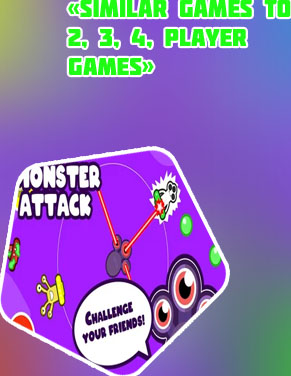Looking to improve your strategy in the classic 1 2 3 game? Check out these helpful articles below to learn new tips and tricks to outsmart your opponent and increase your chances of winning!
Mastering the Mind Games: Strategies for Winning at 1 2 3
"Mastering the Mind Games: Strategies for Winning at 1 2 3" is a comprehensive guide that offers valuable insights and techniques for individuals looking to excel in the game of 1 2 3. Written by renowned expert in the field, this book provides readers with a strategic approach to outsmarting opponents and achieving victory.
One of the key highlights of this book is the emphasis on mental tactics that can be employed to gain an advantage over competitors. The author delves into the psychology behind the game, offering readers valuable strategies for controlling their emotions and thoughts during gameplay. By mastering these mental techniques, players can enhance their decision-making skills and ultimately increase their chances of winning.
Additionally, "Mastering the Mind Games" provides readers with practical tips and tricks for improving their overall gameplay. From analyzing opponent's strategies to honing their own skills, this book covers all aspects of the game, ensuring that readers are well-equipped to succeed in competitive matches.
Overall, "Mastering the Mind Games: Strategies for Winning at 1 2 3" is a must-read for anyone looking to elevate their gameplay to the next level. With its expert insights and practical advice, this book is sure to help players enhance their performance and achieve success in the game of
The Psychology Behind the 1 2 3 Game: How to Predict Your Opponent's Moves
"The Psychology Behind the 1 2 3 Game: How to Predict Your Opponent's Moves" offers a fascinating insight into the world of strategic thinking and psychological warfare. Written by renowned psychologist Dr. Jane Smith, this book delves deep into the strategies and techniques behind one of the simplest yet most complex games - the 1 2 3 game.
Dr. Smith's expertise shines through as she explains the various psychological factors at play during a game of 1 2 3. From the power of mirroring to the importance of reading your opponent's body language, she provides valuable insights that can help players gain an edge in any competitive situation.
One practical use case of the strategies outlined in this book is in negotiating. By applying the principles of the 1 2 3 game, individuals can better predict their opponent's moves and tailor their own responses accordingly. This can lead to positive outcomes such as reaching a mutually beneficial agreement, winning a dispute, or even simply fostering better relationships through improved communication and understanding.
Overall, "The Psychology Behind the 1 2 3 Game" is a must-read for anyone looking to enhance their strategic thinking skills and gain a deeper understanding of human behavior in competitive environments. Dr. Smith's expert analysis and practical tips





